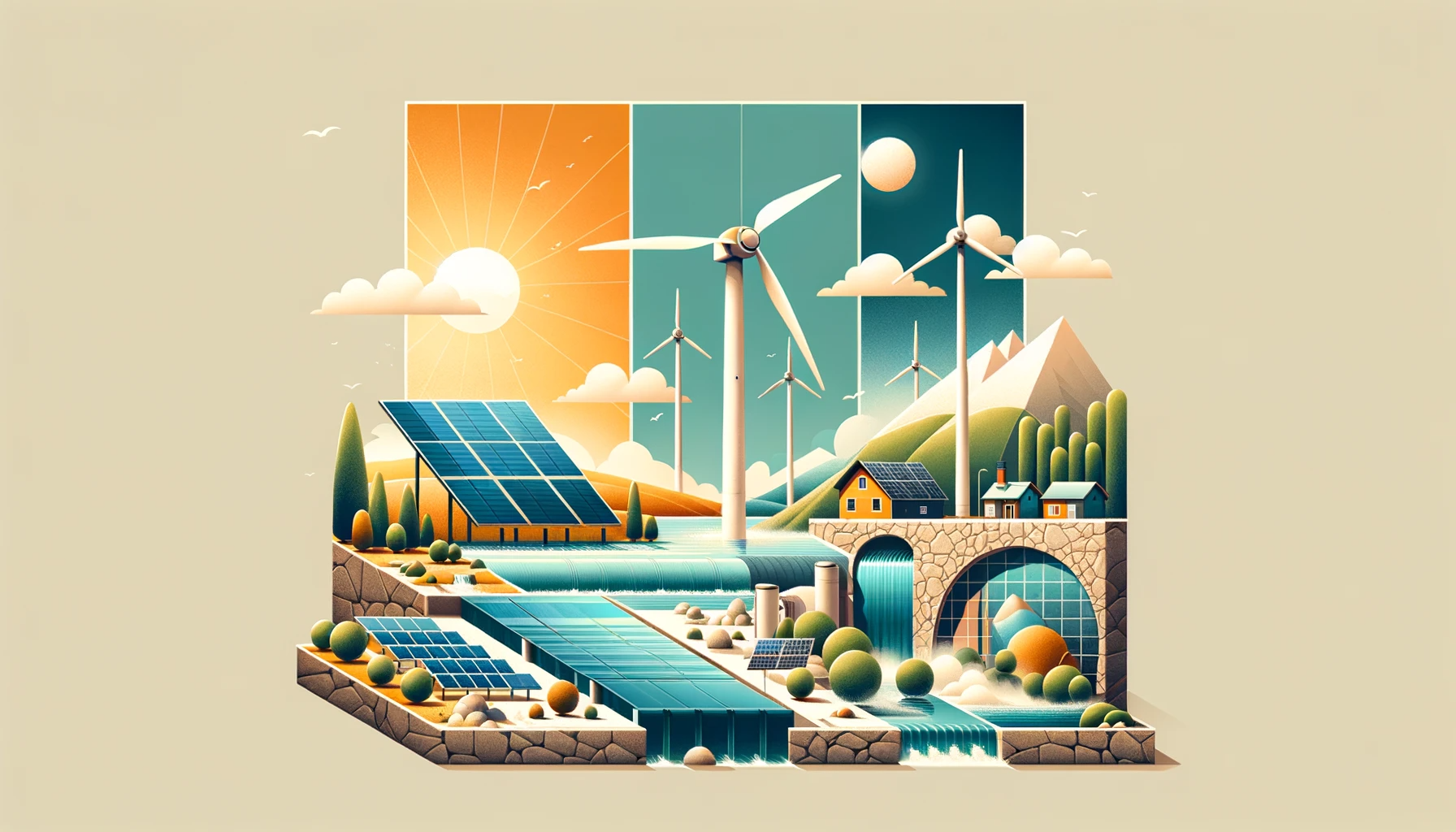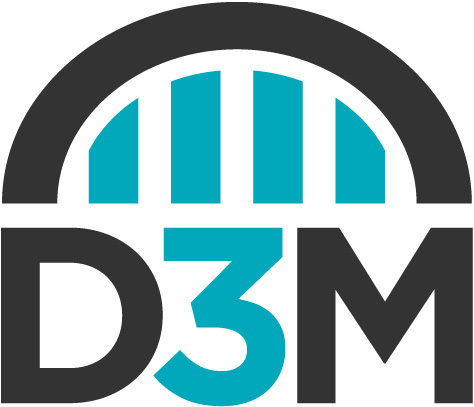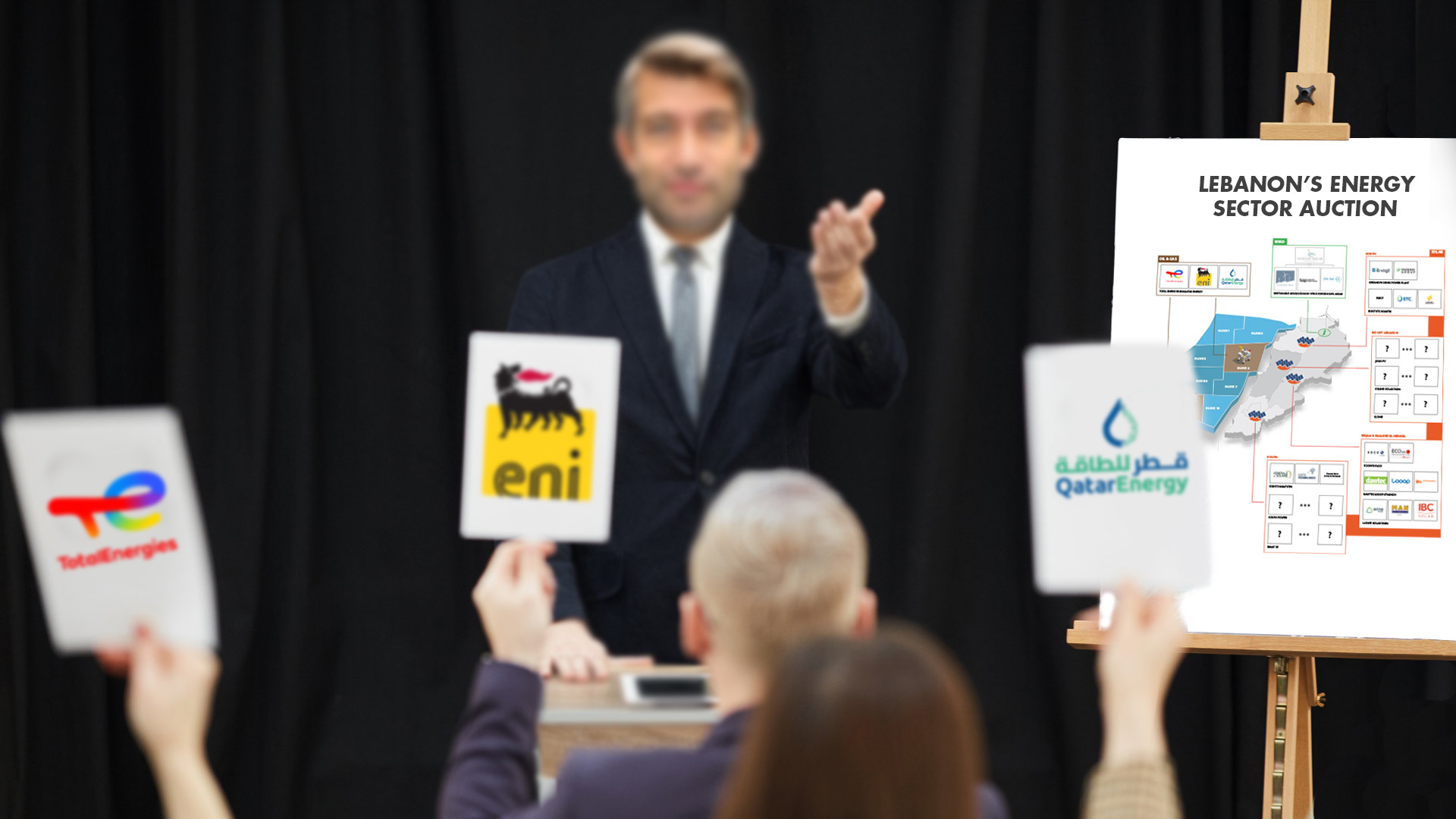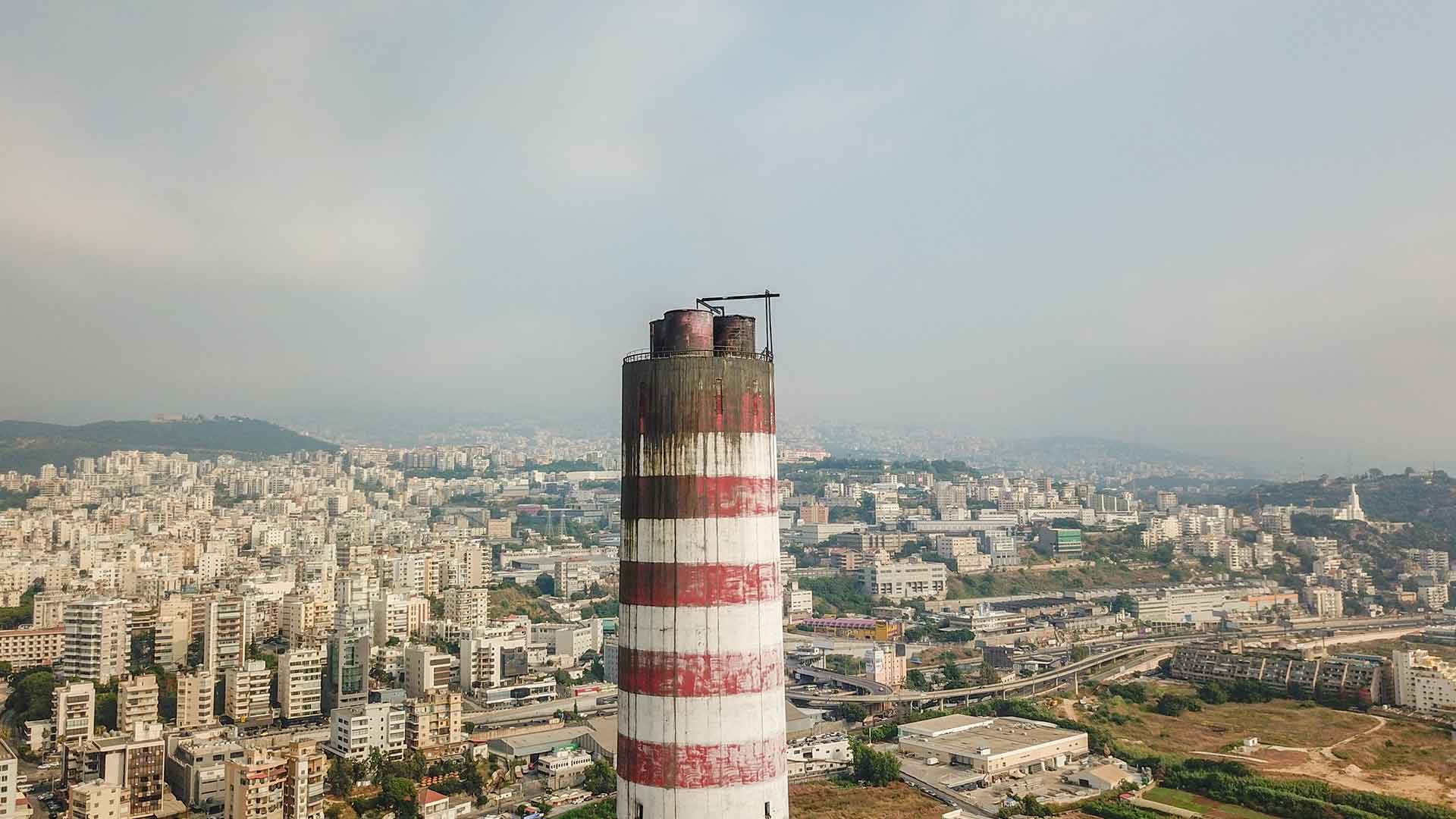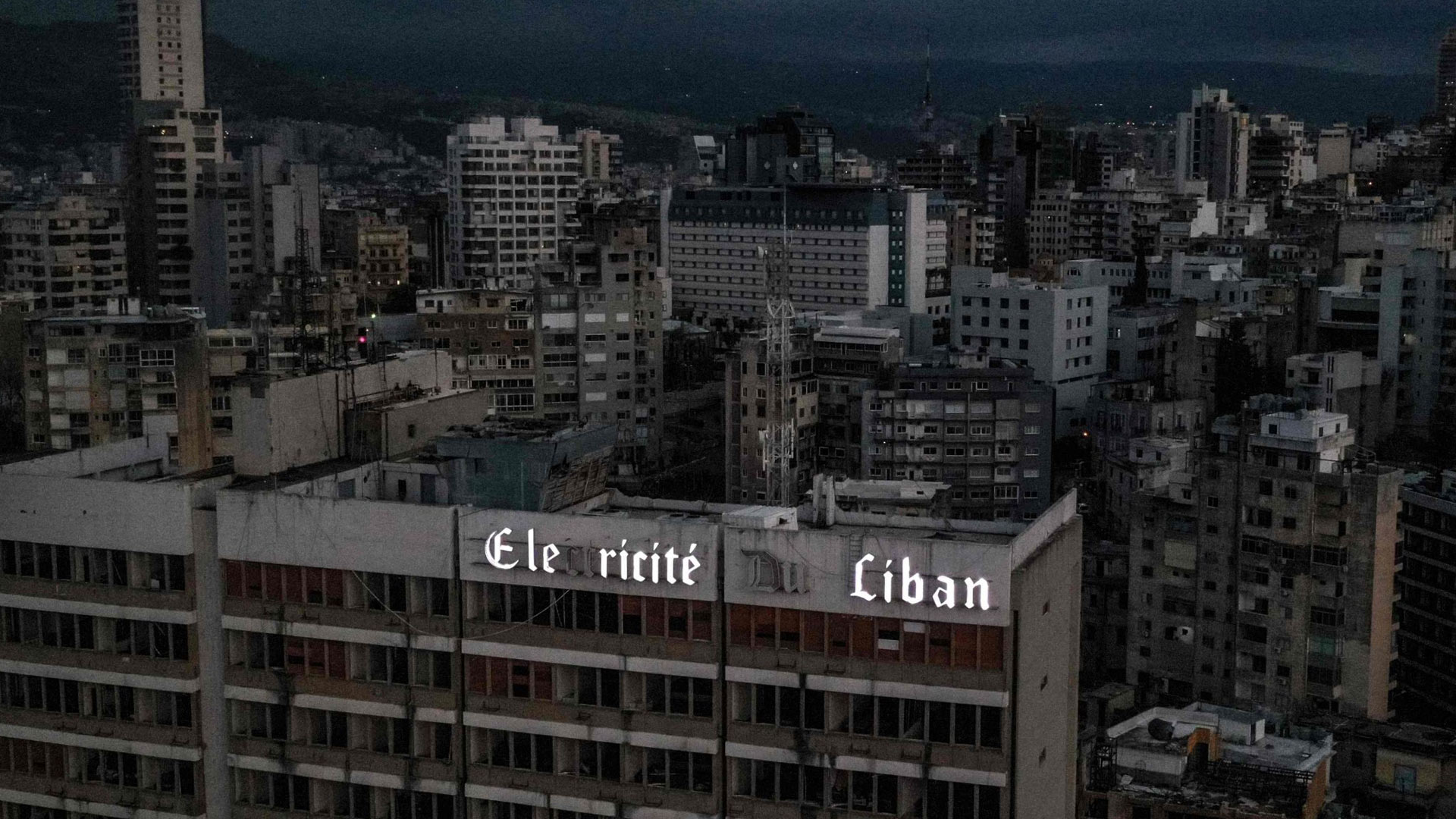The latest Distributed Renewable Energy draft law proposed by the MOEW is effectively a power grab which seeks to avoid technical and regulatory reform. Change MPs should fight off this power grab, instead advocating for a distributed renewable energy law to be passed with amendments and reforms outlined below, as well as in tandem, the formation of the Electricity Regulatory Authority (ERA) and reforming Electricité du Liban’s (EDL) monopoly over generation, transmission and distribution. Doing so will allow for the renewable energy sector to attract much-needed investment into the sector by institutional donors and foreign direct investment.
I. KEY TAKEAWAYS:
MOEW has been interested in amending Law 462 of 2002 to dilute the role of an independent regulator and increase authority over the sector. While the amendments to Law 462 have not passed, the current draft law (as amended by the subcommittee of Public Works, Transport, Energy, and Water on 3/8/2022) grants the Ministry of Energy and Water (MoEW) authority over the distributed renewable energy (DRE) sector, until the regulator is formed. Article 9 of the draft law risks delaying the formation of an independent Electricity Regulatory Authority (ERA) indefinitely, and increase political dominance over the sector.
- Net metering vs feed-in tariffs: The draft law confuses net metering schemes with feed-in tariffs (تعرفة). Feed-in-tariffs would require EDL to pay for excess generated electricity to the grid, whereas net metering offers a compensation of electricity. Legislation should clarify that only net-metering would be permitted as EDL is not currently in a position to support feed-in tariffs.
- Generation Capacity: The draft law would allow the MOEW to issue licences for 10 MW generation capacity, effectively another power grab by the ministry because 10MW is considered well above small-scale production. In essence, the DRE draft law should not replace the standard channels and regulations of producing utility scale energy in Lebanon. Hence the law should reconsider the production threshold of small-scale renewable energy production.
II. DEFINITION OF KEY CONCEPTS
Distributed Renewable Energy (DRE): Electricity generated from renewable energy (RE) sources near the intended point of use, instead of from centralized power plants. DRE production offers many benefits including: lower long-term costs, environmental and health benefits, and decreased electricity losses from transmission and distribution.
Net Metering: Net metering allows power producers of RE to export excess generation to EDL’s grid when site demand is low and offset the imported power from the grid when demand is high. Thus, this serves as an incentive for private investment in DRE.
Single Net Metering: Net-metering for individual premises. Users can inject excess RE electricity generated to the national grid, and in turn be credited against their consumption of power from EDL.
Community Net Metering: shared RE, allows multiple customers (e.g. households, businesses, etc.) to subscribe to a shared RE system at a joint meter point to be installed by EDL such as the pilot projects of the Bchaale and Qabrikha villages. Aggregate net metering and multisite net metering are forms of community net metering that allow for end-users to offset energy use with RE production.
On-site Sale of Energy: Energy is produced at the location of consumption; excess can be traded through net-metering.
Off-site Sale of Energy: Offsite sale of energy would allow the production of RE away from the location of the consumption load. This requires a wheeling agreement to be signed with the utility for use the national grid to store and transmit electricity.
Power Wheeling Agreements: An agreement with the grid operator for transmission of electricity from the site of production to the site of consumption. Private RE generators would pay a wheeling fee to the Utility to transmit electricity through the national grid.
Power Purchase Agreement (PPA): An agreement between 2 parties (a developer and a consumer) in which the developer installs, owns, and operates an energy system and sells this electricity to the consumer.
How much is 10 Megawatts (MW): The National Renewable Energy Laboratory (United States) uses a 5 MW threshold to qualify utility-scale solar projects. 10 MW can be considered large scale or utility scale production.
III. SUMMARY
The technical aspects of the DRE Draft Law should be supported. These include the deployment of net metering in all its forms and private-to-private sale of RE. However, in its current form, the draft law will place many regulatory duties within the Ministry of Energy and Water (MoEW) that would risk further politicization of Lebanon’s energy sector as well as discourage independent regulation and private investment in RE.
The proposed draft law contains some clauses which are problematic:
- Assigns many regulatory duties to the unformed Electric Regulatory Authority (ERA). In the absence of the ERA, Article 9 allows the MoEW to assume the ERA’s responsibilities—a de facto power grab.
- Allows MoEW to determine wheeling agreements, tariff ceilings, and permits for RE energy systems which further extends the ministry’s dominance over the energy sector.
- The bulk of the law will not work at the current time, due to grid unreliability. The law established a regulatory framework meant to satisfy investors and donors. Until full electricity availability is ensured, net metering benefits will be limited to times when the national grid has electricity. Additionally, power wheeling will be limited depending on grid availability and capacity.
Short and Long Term Recommendations:
Below is a list of suggestions to allow efficient, safe, and equitable implementation of distributed RE:
- Law 462 must be implemented fully as a pre-requisite, in particular the establishment of an autonomous ERA and its accordance of key prerogatives such as licencing of PPAs. Article 9 of the draft DRE law must be rejected and MoEW should propose an alternative solution.
- ERA or its relevant alternative must issue safety standards and certifications required for private DRE systems.
- EDL involvement in private-to-private PPAs should be limited to transmission agreements and connection agreements.
- Without an electrified public grid, there is limited capability for net metering and wheeling agreements to work, so the ultimate aim is that EDL must provide 18-24 hours of state electricity for RE to have the most efficient impact.
IV. CONTEXT
Lebanon’s electricity sector is facing severe threats of collapse, made worse by the shortage of foreign currency reserves. The DRE draft law offers a pathway to mitigate some of these challenges and promote private sector investment in decentralised RE production, in line with Lebanon’s conditional commitment to a 30 percent reduction in greenhouse gas emissions by 2030.
The DRE draft law was created in an effort to incentivize private RE generators to invest in Lebanon and reduce demand on EDL for electricity generation. However, the DRE draft law comes in the context of a regulatory battle between EDL, MoEW, and the unformed Electricity Regulatory Authority. Thus, any changes to the newest draft law should take into account the power struggle over authority to allow for power production, transmission and distribution in the energy sector.
Decree 16878, dated back from 1964, gives EDL monopoly over generation, transmission, and distribution of the electricity sector. However, EDL has not been able to meet prevailing electricity demand in the country. Initiatives to reform and regulate the electricity sector have fallen short. Specifically, Law. No. 462 of 2002 includes the establishment of the ERA, yet the law was never fully implemented. Under Law 462, the ERA is meant to be an independent energy regulator which would guide the country’s energy policies, standards, coverage criteria, pricing reforms and private sector licencing through public private partnerships. Moreover, EDL would be re-structured with the state owning 60% of the company while 40% of shares would be owned by the private sector.
The MoEW, since 2006 has submitted amendments to Law 462, including amendments that sought to take away the autonomy and the mandate of the regulatory authority. Under EDL’s monopoly mandate, no entity had legal mandate to grant licenses for power production. Thus, articles from the law have been cherry-picked across the years, highlighting the lack of rule of law, and regulatory instability, further increasing risks and investors’ aversion. For example, Law 75 of 2006 amended Article 7 of Law No. 462/2002 allowed the MoEW to submit independent power producer (IPP) proposals to the Council of Ministers (CoM) which was authorized for licensing for a temporary period of 1 year. Law 462/2002 was further amended in 2014 with Law No. 288 which allowed for the CoM to grant IPP for a temporary period of 2 years. Law No.54 of 2015 extended Law No. 288 for 3 years until April 2018, and Law No. 129 of 2019 further extended COM’s licensing mandate for 3 more years from April 2019 to April 2022.
V. GAPS OF THE CURRENT LAW
No Independent Regulator:
Private-sector DRE production will offer many benefits to Lebanon’s residents however this would require an independent electricity regulatory authority in order to supervise contracts for electricity production and distribution with private companies. The DRE draft law works in tandem with Law 462/2002, as such without the full implementation of Law 462, the DRE draft law will not fulfil its intended purpose of incentivizing private sector DRE investment.
Moreover, an independent ERA would encourage private investment in Lebanon by securing the return of investments, improving the business climate, and protecting consumers by regulating service provisions and tariff ceilings. Before private investors embark on the costly process of building RE systems, which require high upfront capital investment, they would need assurances from the government on regulatory stability and a path to reforms, which would start by establishing an independent and credible ERA. Such an entity would balance the needs of end-users and private enterprises and limit political interference. Currently the MoEW does not offer such assurances.
Clearly, an independent regulator would be the preferable option to provide clarity in how the sector will be regulated and transparency in the decision-making process. A functioning ERA would operate independently from the government with the purpose of protecting end-users from overpricing, seeking to improve coverage for hard-to-reach aeras, raising quality of service and shielding investors (to the extent possible) from Lebanon’s volatile political climate.
Third Party Power Purchase Agreements (PPA)
The DRE draft law would allow 3rd party power purchase agreements (PPAs) between a RE generator and end-users who purchase power directly from them. However, under Article 4.1 of the draft law the MoEW would act as a contractual intermediary between the private generators and end-users by determining licenses and tariffs for 3rd party PPAs. Hence, if passed in its present form, the DRE draft law would see the MoEW wield even more control over the country’s utility sector and box out the role of the ERA.
Given the decrepit state of Lebanon’s public electric utility, it is fair to question EDL’s and MoEW’s capability in providing electricity services to residents. Thus, in the absence of functioning public utilities, residents should be able to turn to private RE generation free from political interference. Instead of MOEW control, a depoliticised well-regulated free market that allows for private sector entry in exchange for quality of service and coverage would better incentivize private RE producers to invest in RE systems. Moreover, if private developers and customers are free to negotiate the sale and purchase of RE between themselves, it would incentivise more development in generation, but also wider electricity infrastructure. Villages, communities, and even small to medium-sized enterprises could then invest in community RE developments.
The ERA’s role with regard to PPAs should focus on wheeling agreements for the use of the national grid, which could provide a profitable income stream for the public institution. The ERA should determine an equitable tariff ceiling for the private-to-private sale of RE, without placing barriers to licensing or pricing for producers who generate under 10 MW.
Off-Grid and Net Metering:
Net metering is the process of injecting excess electricity back into the grid, enabling the consumer to offset their electricity consumption from the grid. Through this scheme, the utility would compensate the consumer in a credit-like system, where the latter can carry credits if they inject more electricity into the grid then they have consumed, for a certain period of time. The law uses the word “tariff”, however, which could be explained as a financial transaction, and which is not the purpose of net-metering, and which the utility in its current state cannot afford. Moreover, for the scheme to work, the electricity needs to be available at times of generation from the renewable energy systems, and which is not the case. With only 1-2 hours of state electricity a day, end-users would only be able to export excess electricity back into the grid at most times, thus preventing the national grid from benefiting from the excess production.
Under circumstances where electricity is provided 24 hours a day, net metering could be used to incentivise DRE production. Given that the state provides minimal electricity, however, the greatest incentive for private RE production remains the access to electricity itself. If the state were to benefit from excess RE production, and use RE resources to their greatest capacity, EDL would need to provide 24 hours of electricity a day.
Electrical Equity:
Because of the lack of equitable power supply from the national grid it is likely that unequal access to RE could create further inequality. The high upfront costs required for RE systems, raises concerns that reliable coverage will not be equitable to all residents, and only available to individuals or communities who can 1) afford to invest in RE systems and 2) afford to pay RE tariffs. Low-income communities must not be excluded from access to reliable and clean electricity. As such, the state must establish the independent ERA and invest in utility scale energy supply that could cover the supply deficit through a combination of RE sources and natural gas power plants.
All that said, in the absence of consistent and reliable power supply from the national grid (operated by EDL), utility-scale provision of renewable energy is technically infeasible. As a result, it should also be understood that, in the short term, it is equally unfeasible to cover the power supply gap at a national level with utility scale renewable energy.
VI. RECOMMENDATIONS
DRE is currently the most viable opportunity to provide reliable electricity and decrease energy dependence on expensive and polluting fossil fuels, especially private diesel generators, in the near term. Thus, the DRE Draft Law should not be used as an opportunity to further extend the Ministry of Energy and Water’s dominance over Lebanon’s electricity sector. Instead, the law should act as a complementary legal force to see through the implementation of Law 462, the establishment of the ERA, and the regulation of PPAs. A competitive private sector DRE would almost certainly constitute a better energy alternative to the status quo. First and foremost, it would allow for cost and health savings over the long-term along with more reliable coverage compared to EDL and private deiseal generators. Listed below are recommended steps to be taken in order to facilitate the process of more equitable and efficient access to DRE.
- Formation of ERA
The law, in its present legal form, is a power grab by the MoEW which risks further politicization of the energy sector. The draft law assigns many responsibilities to the unformed ERA, which in turn would allow the MoEW to assume these duties on a temporary basis. However, Law 462 was ratified in 2002 and has not been implemented yet, allowing the MoEW to act as the regulator on a never-ending ‘temporary basis.’ Before DRE can be implemented, MPs must push for the enforcement of Law 462.
The ERA is needed to oversee overarching reforms of the electricity sector at large, as well as ensure an equitable and market-oriented transition to DRE. There continues to be political disagreement and interference over the implementation of Law 462/2002, specifically over Article 7 which ensures the “technical, administrative, and financial independence,” of the ERA. [i] It is critical that Article 7 of Law 462 remains in its present form. Any amendments to Article 7 can be considered an attempt by the political status quo to maintain control of the electricity sector’s concessions and rent generation.
For the ERA to be an effective and fair regulator, the authority must be independent and its decision-making process transparent. As per Law 462, the ERA will consist of a chairman and four members who will be appointed by the CoM upon MoEW’s recommendation. To ensure that the ERA’s board of directors is not hijacked by political elites and sectarian power-sharing, the appointment process should be subject to parliamentary approval—something which Change MPs should champion with respect to executive appointments at the Grade 1 civil service level. Appointment of ERA members must be accompanied by a clear time frame to allow the ERA’s board of directors to develop a transparent set of regulations, governance, and independent financing.
- Restructure of EDL
Law 462 would also require reforming EDL’s monopoly over generation, transmission and distribution of electricity. Unbundling EDL would see to the corporatization of generation and distribution services, while transmission services will be owned solely by the public utility. The private sector would then be able to own up to 40% of shares in generation and distribution companies, which would allow the electricity sector to benefit from the expertise and investment public-private partnerships brings. The unbundling process must be accompanied by a full audit of EDL’s assets and liabilities to determine share value per Article 4 of Law 462/2002. Public Private Partnerships (PPP) in the electricity sector will follow Law. No. 28/2017 and Law No. 288/2000, and in accordance with the tender process prepared by the Higher Council for Privatization and Partnership (HCPP).
With the ERA as a regulator, the restructure of EDL, and healthy private sector engagement it would facilitate more equitable, reliable, and efficient functioning of the electricity sector. In effect the ERA would have “direct control and ownership over [EDLs] transmission activities.”[ii] Some of ERA’s main responsibilities will be to determine the tariff ceiling for PPAs between private generators and consumers of DRE and determine tariffs for distribution and transmission services to ensure a competitive and liberal electricity market. Only when a competitive market is ensured through transparent tariffs that are regularly updated, will private investors be attracted to Lebanon‘s ailing electricity sector.
- Amendments to Law
Article 9 “Temporary Provisions”: Article 9 is a de facto extension of Law 129, giving MoEW the duties assigned to the ERA in Law 462. Article 9 allows the MoEW to continue to exercise control over the sector acting as policy maker, regulator, and supervisor of implementation. As such Article 9 must be amended to assign the listed duties of the ERA in DRE draft law to EDL on a temporary basis until the ERA is formed and functional.
Net metering vs feed-in tariffs: The draft law must clarify that net metering does not constitute feed-in tariffs (تعرفة). Feed-in tariffs would require EDL to pay for excess generated electricity to the grid, whilst net metering offers a transaction of electricity. The draft law needs to clarify that only net-metering would be permitted.
Generation Capacity: The DRE draft law should not replace the standard channels of producing utility scale energy in Lebanon. The law should reconsider the production capacity to smaller scale RE production.
[i] https://www.aub.edu.lb/ifi/Documents/publications/research_reports/2020-2021/20211020_unbundling_lebanon_electricity_sector_research_paper_pdf.pdf
[ii] https://www.aub.edu.lb/ifi/Documents/publications/research_reports/2020-2021/20211020_unbundling_lebanon_electricity_sector_research_paper_pdf.pdf
